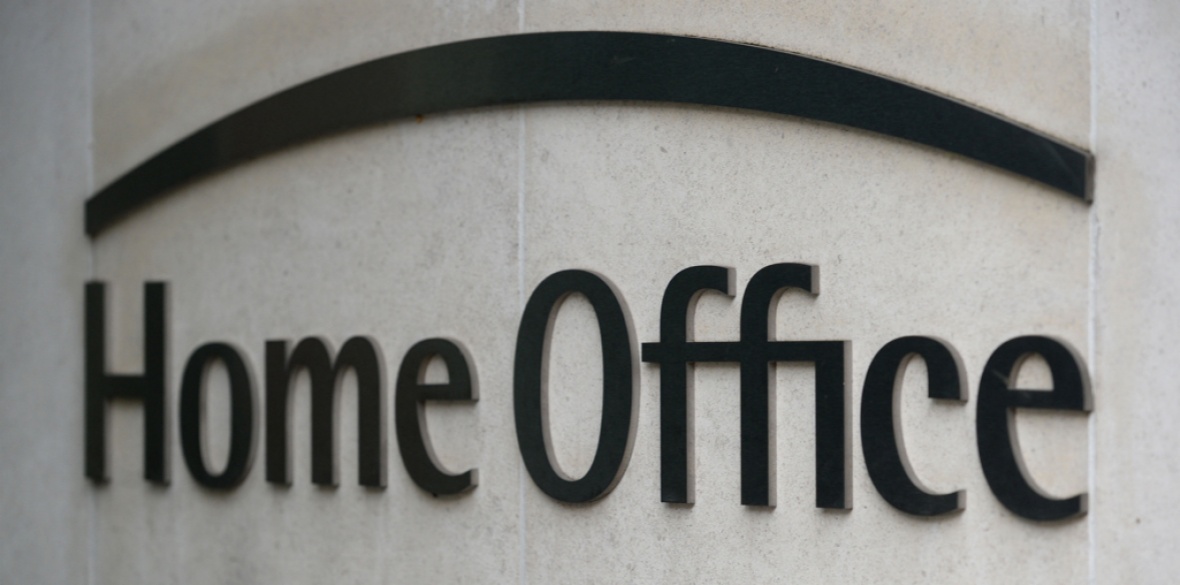This is the last article you can read this month
You can read more article this month
You can read more articles this month
Sorry your limit is up for this month
Reset on:
Please help support the Morning Star by subscribing here
THE HOME Office’s new definition of torture unlawfully excludes victims from protection, the High Court heard today.
Medical Justice, a charity defending the healthcare rights of locked-up migrants, is taking the government to court for the second time over how it determines who is a victim of torture for the purposes of immigration detention.
The High Court ruled in October that the Home Office's definition was unlawful as it excluded torture not carried out by a state agent.
The amended definition now requires a perpetrator to have control over the victim and that, “as a result of that control, the victim is powerless to resist.”
But Medical Justice argues that the new definition is “too narrow” and will “exclude persons who have suffered severe ill-treatment and who are at grave risk of harm in immigration detention from being protected.”
Ben Jaffey QC said the Home Office had “produced a definition of torture which, in effect, puts a thumb on the scales by excluding people who are in fact vulnerable and at risk of harm in immigration detention.”
He told the court that, “in practical terms, the meaning of torture has a uniquely important status in immigration detention,” given the additional protection afforded to torture victims.
Mr Jaffey said there was a significant difference between someone being “powerless” and “powerless to resist,” adding that a person may be powerless “but still be capable of resistance, including very substantial acts of resistance.”
James Strachan QC, for the Home Office, said the new definition was lawful and had been introduced as a “direct consequence” of Medical Justice’s previous High Court victory.
He said Parliament had approved the new definition and that Medical Justice appeared to be trying to “subvert the democratic purpose on a question of political and moral judgement.”
But Mrs Justice Moulder granted permission for a judicial review and directed that the case be heard before the end of the year.
Medical Justice's Kristine Harris told the Star: “We had hoped that, following the criticisms in the first case, they would have come up with a definition, or indeed a wider category, that was truly protective.
“This is not a case about the definition of torture. This is a case about the protection of vulnerable people who may be at risk of harm in immigration detention.
“We have absolutely no desire to be here. I have so many more important things to do than be in court debating the niceties of law.
“[But] I’m still concerned the current definition of torture is narrow and people are being excluded.”









